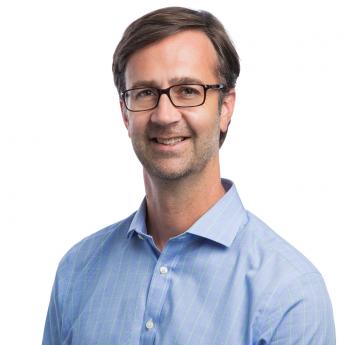Related Topics
Academia (2)
continued.
Computers, Digital Cameras, and Cellphones
Much of the early development of the electronic computer took place in Philadelphia. We lost the lead, but it might return.
Right Angle Club: 2015
The tenth year of this annal, the ninety-third for the club. Because its author spent much of the past year on health economics, a summary of this topic takes up a third of this volume. The 1980 book now sells on Amazon for three times its original price, so be warned.
Right Angle Club 2017
Dick Palmer and Bill Dorsey died this year. We will miss them.
New Looks for College?

|
| Kevin Carey |
The New York Times ran an article by Kevin Carey on March 8, 2015, predicting such big changes ahead for colleges, bringing an end of college as we know it. A flurry of reader responses followed on March 15, making different predictions. Since almost none of them mentioned the changes I would predict, I now offer my opinion.

|
| Cambridge University |
Colleges have responded to their current popularity, mostly by building student housing and entertainment upgrades, presumably to attract even more students. What I am seeing seems to be a way of taking advantage of current low-interest rates with the type of construction which can hope for conventional mortgages or even sales protection, in the event of a future economic slump. In addition, they are admitting many more students from foreign countries, probably hoping not to lower their standards for domestic admissions. They probably hope to establish a following in the upper class of these countries, eventually enabling them to maintain expanded enrollments by lowering standards for a worldwide audience of students, rather than merely a domestic one. With luck, that might lead to an image of superiority for American colleges, even after the foreign nations eventually build up their standards. The example would be that of Ivy League colleges sending future Texas millionaires back to Texas, which now maintains an aura of superiority for Ivy League colleges, well after the time when competing Texas colleges are themselves well-funded. The Ivy League may even be aware of the time when the Labor Party was in power in England, and for populist reasons deliberately underfunded Oxford and Cambridge. American students kept arriving anyway, seeking prestige rather than scholarship.

|
| William F. Buckley Jr |
Television courses seem to be a different phenomenon. A good course is a hard course, so a superior television course will prove to be even harder. In fact, it might be said the main purpose of college is to teach students how to study; the graduates of first-rate private schools find college to be rather easy, providing them with extra time for extra-curricular activities which are not invariably trivial. I well remember William F. Buckley Jr, pouring out amazing amounts of written prose for the college newspaper and other outlets, in spite of carrying a rigorous academic workload. I feel sure he did not acquire that talent in college, but rather, came to Yale, already loaded for Bear. I am certain I do not know what future place tape-recorded classes will eventually assume, but I do feel such courses would be most useful for graduate students, who have already learned how to study in solitude.
To return to the excess of dormitories under construction, the approaching surplus of them might also lead to better use, which is for faculty housing and usage. An eviction of students from dormitories would lead to urban universities beginning to resemble London's Inns of Court in physical appearance, with commuting day-students, mostly attending from nearby. The day is past, although the students do not believe it, that there is very much difference between living in Boston and living in California, and the much-touted virtue of seeing a new environment will eventually lose its charm. It may all depend on how severely a decline in economics retards the traditional pressure to escape parental control, but at least it is possible to foresee at least one improvement which could result from fiscal stringency.
Originally published: Sunday, March 15, 2015; most-recently modified: Friday, May 24, 2019